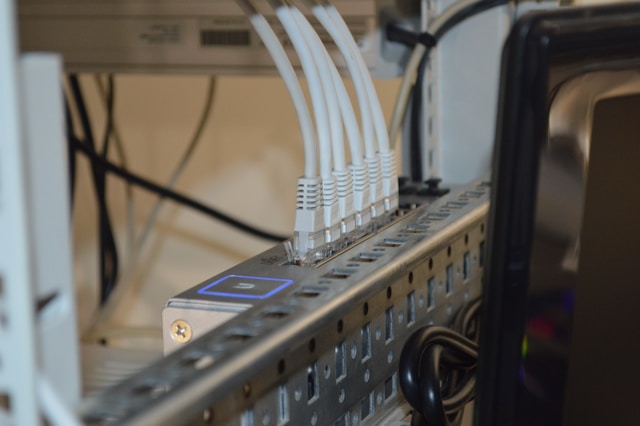The internet is a global network of computers and servers that are connected to each other. It allows information to be exchanged and accessed from anywhere in the world.
Imagine the internet as a vast library where you can find and access information (websites) stored on different shelves (servers) around the world.
Computers, smartphones, tablets, and other devices connect to the internet using an internet service provider (ISP) like a phone line, cable, or satellite.
When you access a website, your device connects to the server that hosts that website. Servers are powerful computers that store websites, emails, videos, and other information.

Web Browsers like Chrome, Firefox, or Safari allow you to view websites by sending requests to servers and displaying the content on your screen.
Each website has a unique address called a URL (Uniform Resource Locator), which you type into the browser’s address bar to access specific sites.
Sensitive information, like passwords or credit card numbers, is encrypted (scrambled) to prevent unauthorized access while traveling over the internet.
It is very important to have antivirus software, strong passwords, and being cautious with personal information online to stay safe from cyber threats.

